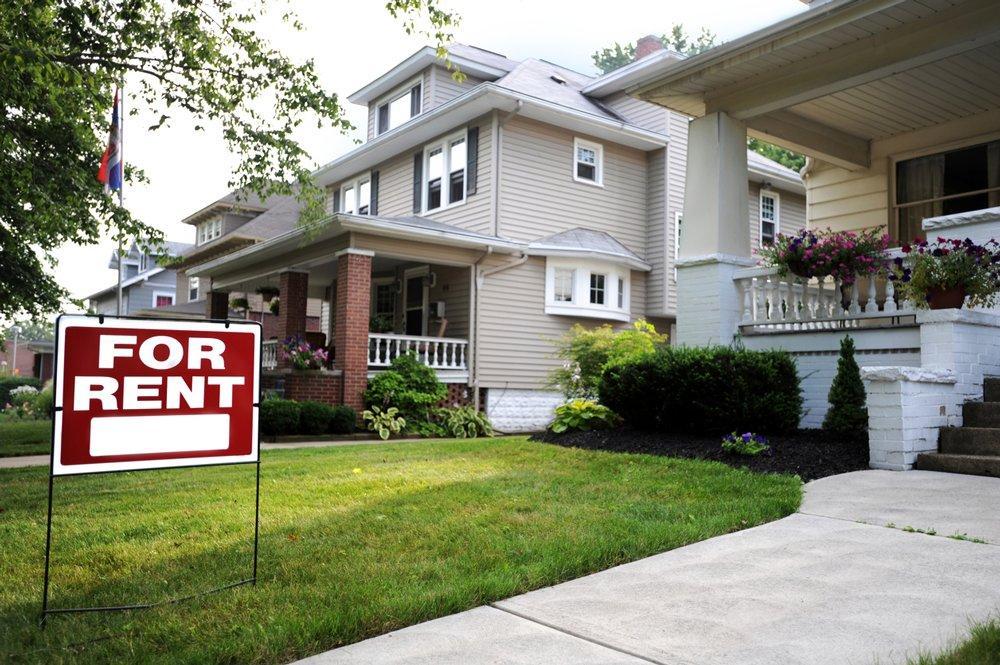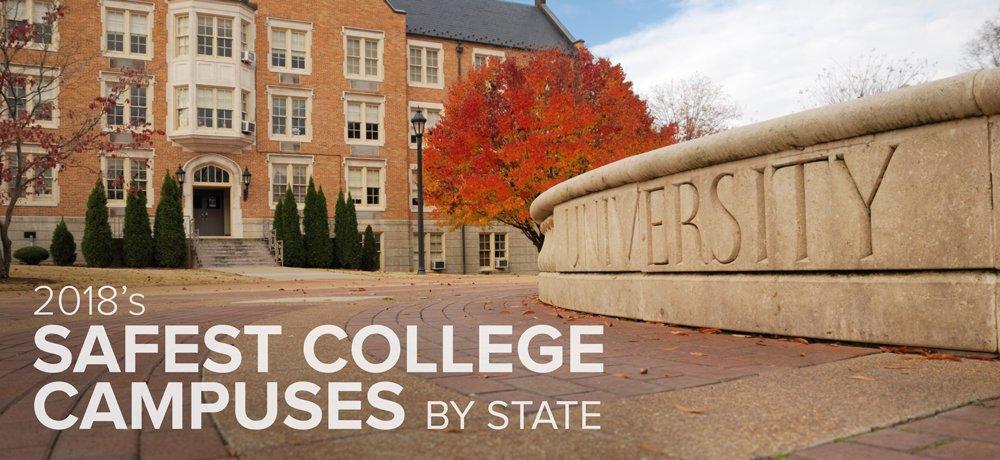Buying property is one of the best ways to invest and get a return on your money.
If you’re stepping into the real estate world hoping for a safe investment, be aware that safety, financial or otherwise, won’t come easily. In fact, the US Department of Justice found that “households living in rental properties experienced higher rates of burglary.” It’s just one of the risks.
The Department of Justice also funded a nationwide landlord training program entitled Keeping Illegal Activity out of Rental Property that focuses largely on preventing the production, consumption, and sale of illegal drugs on privately owned rental properties. Clearly, our government is concerned about the crime surrounding rental properties, and we’re guessing you feel the same.
There’s no reason to feel overwhelmed, though. That dream of a secure rental is within reach, but it will require some work. Just use the following tips to create a rental property safe for both you and your tenants.
-
Know Your Local Laws
City ordinances can be a pain at times; however, many were created specifically to promote safety. If the state requires properties to have deadbolts and outdoor flood lights, for example, don’t hesitate to comply with these laws.
As for other legal protection, have a signed, written rental agreement with your tenants, preferably one that includes safety provisions. Online legal resource NOLO recommends you “educate tenants about crime problems in the neighborhood and describe the security measures provided and their limitations.”
You also need a binding agreement with your tenants concerning certain requests, such as inspections and payment methods. Prevent future conflict by deciding what boundaries will promote a secure relationship between you and your tenants, and make it clear that your requests will enhance their comfort and safety.
-
Screen Your Tenants
You can prevent a lot of illegal activity simply by choosing law-abiding tenants. Studies of your fellow landlords ask what aspects they are most likely to consider when reviewing applicants. 59% of landlords believe that “having a steady income is more important than credit history.” When asked if criminal history or credit history was more important, 60% prioritized a clean criminal history.
Still not sure how to find financially and legally stable tenants? Read through the Department of Justice’s landlord training program for tips on screening criteria, determining borderline applicants, and verifying information.
-
Be Involved
Terance Rephann, of the University of Virginia, conducted a study of rental properties and found that “management characteristics such as owner’s remoteness from his properties is positively associated with reported criminal activity.” In other words, if it’s obvious that you’re not actively involved with your property, your rental is much more susceptible to illegal activity.
Rephann also says that those uninvolved managers were “often distinguished by lower levels of property maintenance, less frequent visits by the owners and managers to the property, and fewer efforts to screen tenants.”
The moral of the story? Visit your property regularly. If you live far away, consider hiring a property manager to visit your rental in your stead. And don’t underestimate the power of a well-kept property. Proper exterior maintenance makes it clear that your property is well managed and less likely to be an easy target for crime.
-
Install a Security System
Home security systems help to ward off potential criminals. A team of researchers at UNC Charlotte surveyed a large group of convicted burglars and found that “approximately 83% said they would try to determine if an alarm was present before attempting a burglary, and 60% said they would seek an alternative target if there was an alarm on-site.”
It doesn’t take a lot of equipment to keep your property safe. Rentometer suggests adding a few technological safeguards to your property, including doorbell cameras and window sensors. Doing so can lower your homeowners insurance and make your property more attractive to tenants invested in the safety.
Though it isn’t easy to ensure your rental property’s safety, you can increase security by following the tips listed above. And if you have any questions about adding a security system, get in touch with a provider for more information.



